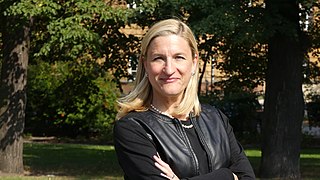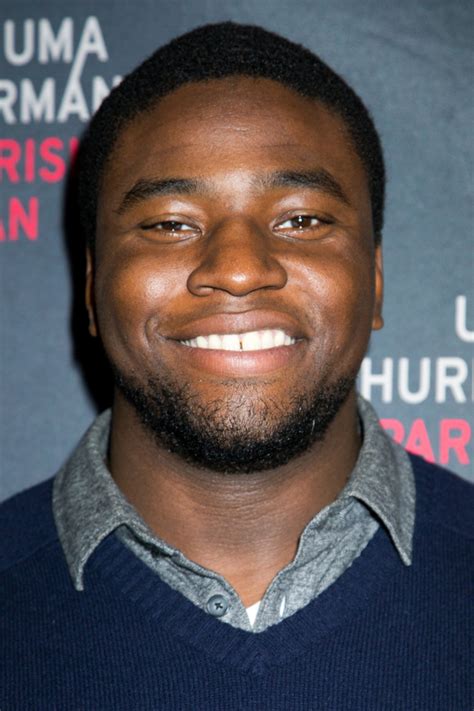A Quote by Juliet Marillier
In all experience, there is something to be learned. In deepest sorrow, wisdom is found. In the well of despair, hope rises.
Related Quotes
Experience is the best teacher. But in our day and time, what we need is wisdom, because wisdom overcomes experience, because experience is wisdom, but there's a level of wisdom that overcomes the experience, and that's the experience that's already lived by others. I'm not trying to repeat the histories. I already learned from what they did.
The difference between shallow happiness and a deep, sustaining joy is sorrow. Happiness lives where sorrow is not. When sorrow arrives, happiness dies. It can't stand pain. Joy, on the other hand, rises from sorrow and therefore can withstand all grief. Joy, by the grace of God, is the transfiguration of suffering into endurance, and of endurance into character, and of character into hope--and the hope that has become our joy does not (as happiness must for those who depend up on it) disappoint us.
A wonder tale can be truer than true," I said. I had learned (...) that the deepest kind of truth can be found in the strangest and wildest of stories. One may not meet a fire-breathing dragon on the way to the well. One may not encounter an army of toothed snakes in the woodshed. That does not make the wisdom in those tales any less real.
endurance of inescapable sorrow is something which has to be learned alone. And only to endure is not enough. Endurance can be a harsh and bitter root in one's life, bearing poisonous and gloomy fruit, destroying other lives. Endurance is only the beginning. There must be acceptance and the knowledge that sorrow fully accepted brings its own gifts. For there is an alchemy in sorrow. It can be transmuted into wisdom, which, if it does not bring joy, can yet bring happiness.
My art teacher had said that if you breathed deeply and imagined something, you could be there. You could see it, feel it. During our standoffs with the NKVD, I learned to do that. I clung to my rusted dreams during the times of silence. It was at gunpoint that I fell into every hope and allowed myself to wish from the deepest part of my heart. Komorov thought he was torturing us. But we were escaping into a stillness within ourselves. We found strength there.
An individual in despair despairs over something. . . . In despairing over something, he really despair[s] over himself, and now he wants to get rid of himself. Consequently, to despair over something is still not despair proper. . . . To despair over oneself, in despair to will to be rid of oneself-this is the formula for all despair.
Emotional discomfort, when accepted, rises, crests and falls in a series of waves. Each wave washes a part of us away and deposits treasures we never imagined. Out goes naivete, in comes wisdom; out goes anger, in comes discernment; out goes despair, in comes kindness. No one would call it easy, but the rhythm of emotional pain that we learn to tolerate is natural, constructive and expansive... The pain leaves you healthier than it found you.



































